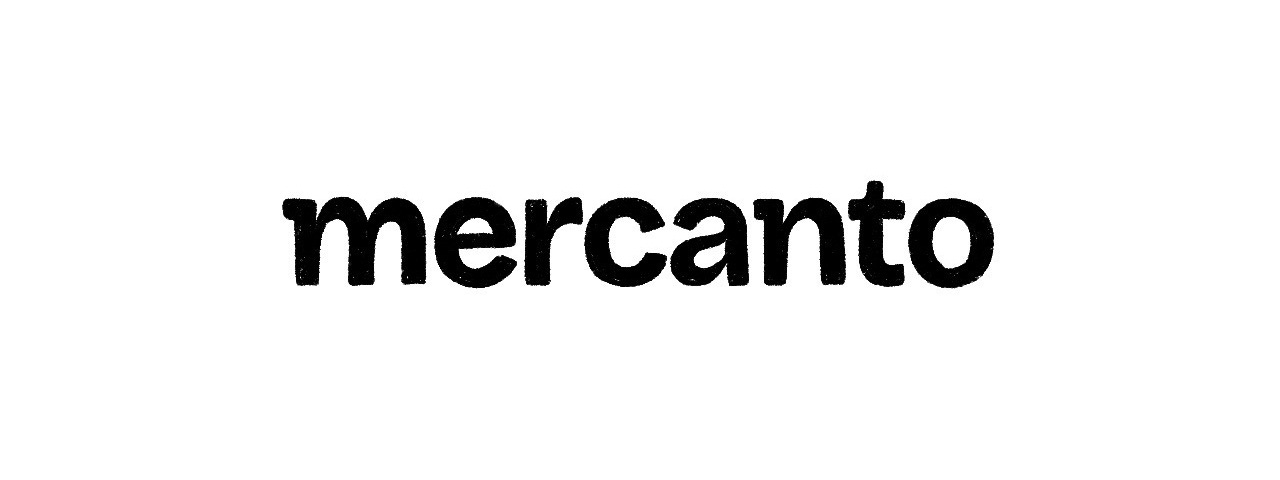On average, trade shows in Mexico have 605 exhibitors and 17,750 attendees.
Retailers can’t efficiently browse or buy products at these events, and a brand’s reach is limited to those who attend.
Let's dive in.
Imagine this
You've launched a wellness brand offering products from protein powders to vitamins and other health supplements.
Eager to expand your reach to retailers, but you are limited due to the high entry costs through brokers or distributors.
And then there are costs of operating a physical store like rent, utilities, and maintenance fees that eat into your profits.
Margins are under pressure, and you’re actively seeking other alternatives.
You venture into e-commerce, hoping to boost sales and reach B2B clients, but the traction isn't quite what you'd hoped for. So, what's the next step?
You showcase your products on mercanto! Their platform enables you to reach a broader audience, connect with thousands of retailers, and secure immediate payment when your products are sold.
Explain it like I'm five
mercanto is a B2B wholesale marketplace for retailers in Mexico.
Retailers can easily find and buy products from multiple brands in one place.
For brands, their platform provides a more efficient and transparent way to reach retailers.
They also help retailers grow by offering better financing solutions.
With mercanto, brands and retailers in Mexico can connect seamlessly.
The ABCs
Industries: E-commerce, Marketplace, Wholesale
Headquarters: Mexico City, Mexico
Year Operations Started: 2022
Team Size: 25
Raised: USD $7M (Seed)
Accelerator/Investors: Bain Capital Ventures, Canary Ventures, Asymmetric Capital Ventures, Latitud Ventures, Tiger Global Management
Business Model: B2B, charge a 15% fee to merchants on their sales
Other players:
Background check
Golden nuggets:
Viral loop: The most impressive aspect of mercanto's model is its viral loop. Brands recommend mercanto to their retailers because it helps them efficiently handle their wholesale operations in a single platform. The viral loop can enable cross-side network effects at scale: As mercanto takes on more demand (retailers) and supply (brands), the marketplace becomes more valuable to both sides.
Online wave: Brands can showcase their complete range of products on mercanto, simplifying the process of introducing new items and enabling retailers to explore and find them, compared to traditional B2B trade shows. According to the Mexican Association of Online Sales (AMVO), e-commerce in Mexico reached $416 billion pesos in 2021.
Market Potential: With B2B global annual spending exceeding US $100 trillion, the potential for online B2B marketplaces is immense. In Mexico, the wholesale market is worth over US $160 billion. The success of similar platforms like Faire in the US indicates a global trend towards digitizing B2B wholesale, suggesting a promising future for mercanto.
Founder's Insight: Tariq Musa, founder & CEO, recognizes that the rise of e-commerce in Latin America has yet to benefit independent retailers in the region entirely, and mercanto aims to empower SMEs retailers across Mexico and, ultimately, Latin America, recognizing the significant role these businesses play in the region's economy. They already offer thousands of products from over 500 brands, with new brands and products added each week.
Road Blocks:
Bypassing: They take a 15% commission from every transaction. What is it to keep brands and retailers working through mercanto? Businesses could just cut them off and start dealing directly with suppliers. They must ensure their value proposition is strong enough to avoid bypassing.
Adoption: Despite the growing interest in online marketplaces, achieving adoption among traditional retailers and brands is challenging. Traditional retailers and brands are accustomed to their established business ways and may resist moving to an online platform.
Community: Currently, mercanto has no community built around their business. They should make it with their early adopters to retain brands and retailers. Hosting events, providing educational resources, and building loyalty programs to reward and retain users.
The Architects
Tariq Musa, Founder & CEO. Harvard (MBA 17’) Previously Athanor Capital & Mckinsey and Company.
Nasser Mohamed, CPO. (MIT MBA 22’) Previously Foxtrot Systems & Google.
Vilash Poovala, CTO. Previously Founder Clip & Oyster.
Request intro with founders by sending an email to gabriel@readrunway.com
Headlines Corner
Shopify launched Shopify.vc, where they will make public investments; their thesis is focused on digital businesses that will shape commerce for the next 100 years.
Y Combinator released a list of top-performing YC companies based on revenue, featuring Nowports and Rappi alongside high-profile startups such as Airbnb, Coinbase, and Stripe.
Bdeo, an Insurtech startup, secured over $8M to expand its operations in Europe and Latin America.
Time Magazine recognized Mercado Libre as one of the 100 Most Influential Companies.
Founders Bookmarks
The best tools and resources we came across this week.
Google just launched its own Ad Library. Every marketeer should use this.
Facebook’s famous “handbook” is almost impossible to find. This blog is the closest we can get to it.
Here is a full report on digital commerce in Mexico by Asociación Mexicana de Venta Online (AMVO).





